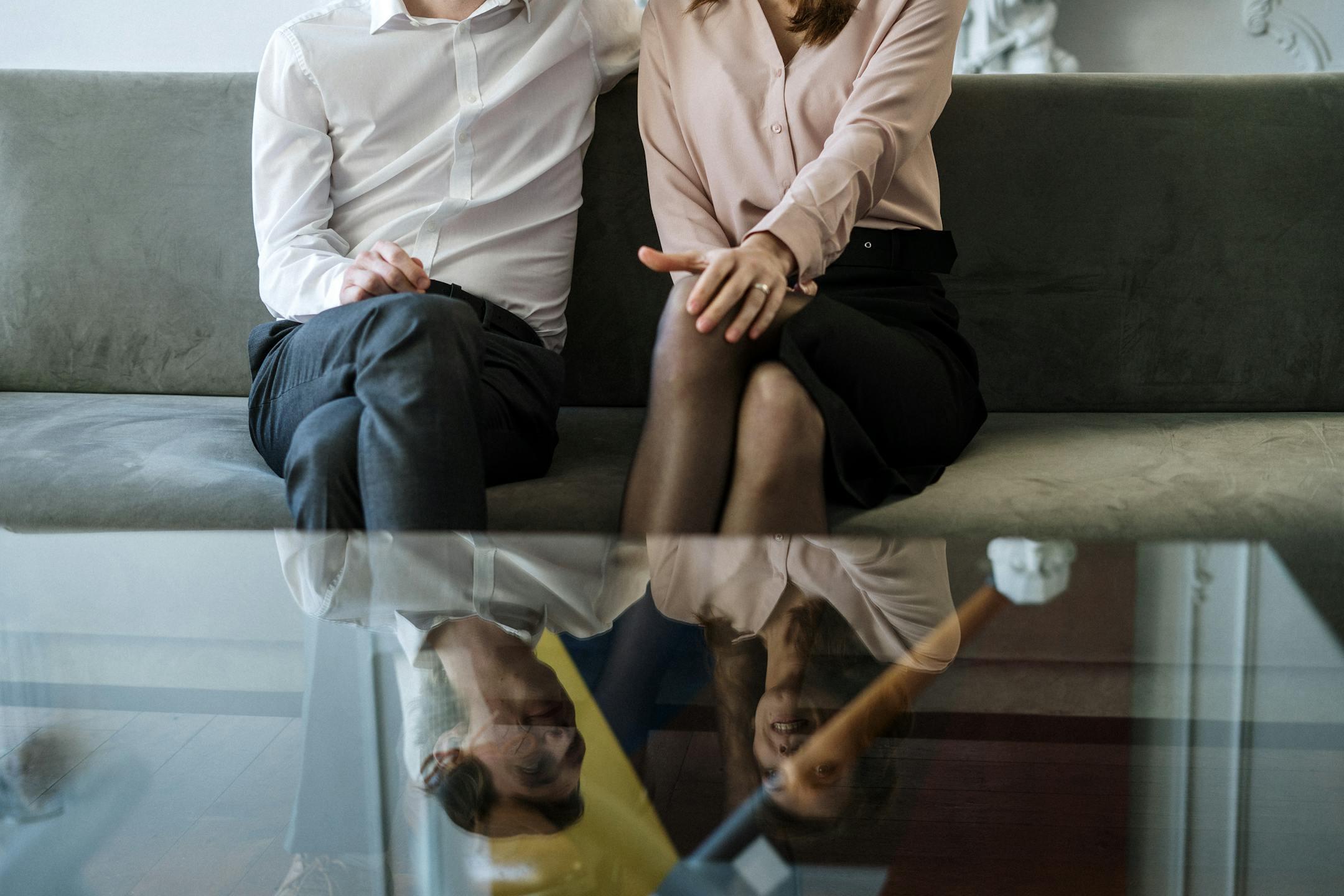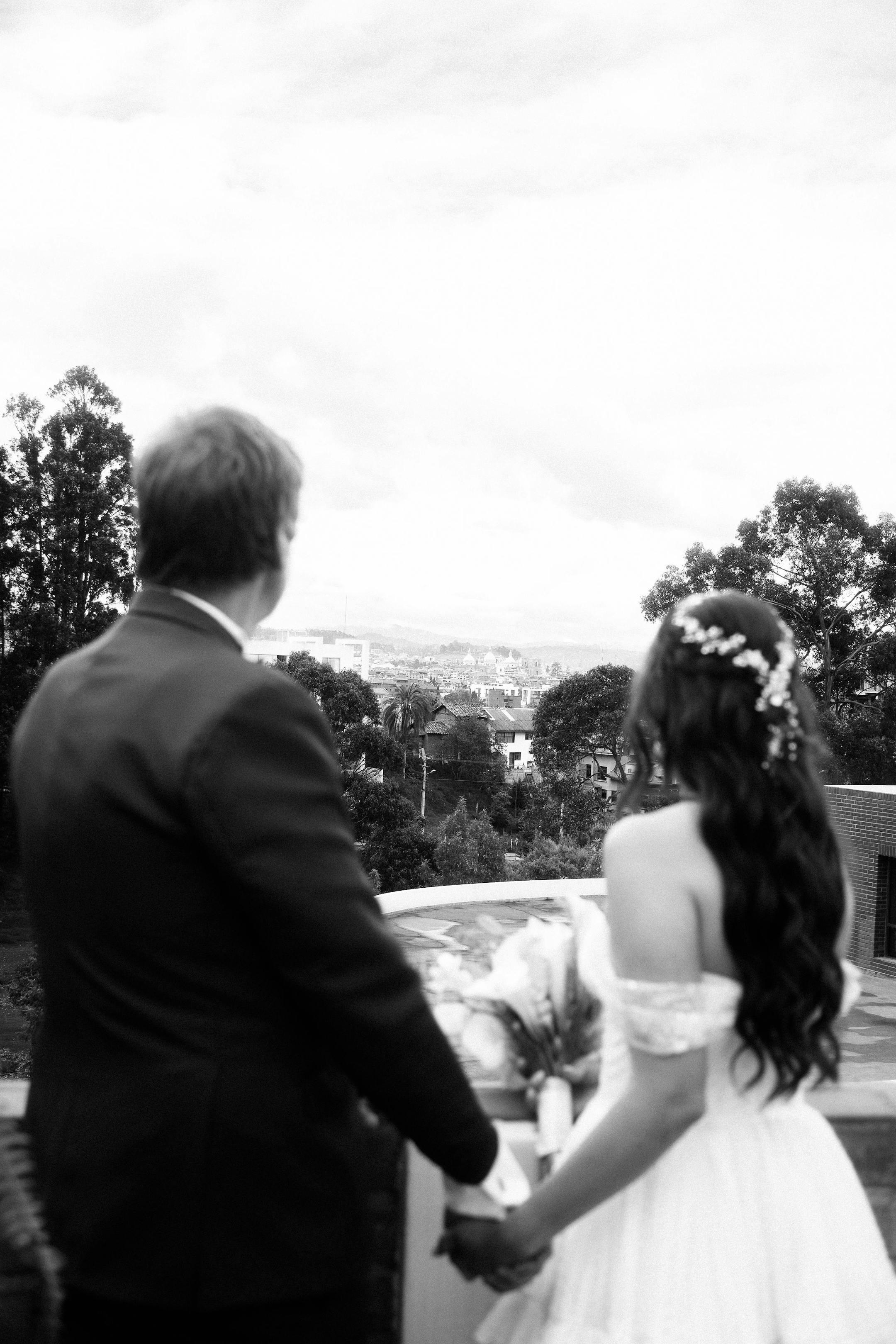Couples therapy in Lebanon helps partners improve communication, resolve conflicts, and rebuild trust in a safe and supportive environment. Whether you’re newly married, long-term partners, or facing a difficult chapter, therapy offers a structured space to reconnect and strengthen your bond. At Cognitive Analytica, our licensed therapists provide bilingual (Arabic and English) sessions tailored to Lebanese couples’ cultural realities, balancing emotional insight with practical problem-solving. Online and in-person sessions are available, ensuring accessibility for both local and expat clients seeking guidance, growth, and renewed understanding in their relationships.

Many couples in Lebanon turn to therapy when communication breaks down, trust is shaken, or emotional distance grows. It’s not a sign of failure, it’s a step toward rebuilding together. Relationship stress often arises from life transitions, financial pressures, or unspoken resentment, which therapy helps to unpack in a neutral, safe environment. At Cognitive Analytica, couples learn to listen actively, express needs clearly, and reconnect emotionally. In a society where relationship counseling is still seen as taboo, therapy provides an empowering, stigma-free space where both partners can be heard without judgment or blame. Find a therapist in Lebanon who understands both your emotional and cultural context.

Couples therapy typically begins with an initial session focused on understanding both partners’ perspectives and setting shared goals. Therapists at Cognitive Analytica use evidence-based approaches such as Cognitive Behavioral Therapy (CBT) and Emotionally Focused Therapy (EFT) to identify unhelpful communication patterns and replace them with empathy-driven dialogue. In Lebanon, sessions can be conducted in Arabic, English, or a mix of both, ideal for bilingual couples or expats. Online therapy options also ensure flexibility for partners living apart or with busy schedules. Over time, couples develop emotional awareness, conflict management skills, and a deeper sense of partnership. Book psychotherapy sessions in Lebanon to begin rebuilding your connection.

Couples therapy addresses a wide range of challenges, from recurring arguments and emotional detachment to infidelity, jealousy, or parenting stress. Communication is often the first skill targeted, as most relationship problems stem from misunderstanding or avoidance. Therapists guide couples through exercises that improve listening, empathy, and constructive dialogue. Trust rebuilding is another major focus, especially after betrayal or loss of intimacy. Conflict resolution techniques are taught to reduce hostility and foster collaboration. At Cognitive Analytica, therapy is not about assigning blame, it’s about helping partners rediscover mutual respect and shared purpose through scientifically grounded, culturally sensitive care.
If your challenges involve wider family dynamics, learn more about family therapy in lebanon to align the household around healthy communication.👇🏻

Each couples therapy session lasts around 50 minutes and follows a structured yet flexible format. The therapist facilitates open dialogue, ensures both voices are heard, and introduces tailored exercises to enhance understanding. Confidentiality is a top priority , what’s said in therapy stays private. Sessions may include conflict mapping, communication training, and emotional regulation techniques. Many couples begin noticing positive changes within a few weeks, while others continue longer for deeper progress. At Cognitive Analytica, our therapists remain neutral, not taking sides, but helping both partners uncover patterns and rebuild from a place of empathy and trust.

While individual therapy focuses on personal growth, couples therapy centers on the dynamic between two people. In couples sessions, both partners share equal space to express emotions and reflect on interaction patterns that may cause tension or disconnection. This joint process allows the therapist to mediate and guide the conversation toward mutual understanding rather than unilateral change. In Lebanon, many individuals begin with solo therapy before inviting their partner to join, a transition our clinicians handle with care to ensure readiness and balance. The goal is not to “fix” one person, but to rebuild the relationship as a shared system of emotional exchange, accountability, and healing.
When relationship difficulties begin to affect children or the wider household, family therapy in Lebanon may be recommended alongside couples therapy to address the broader family system.

Couples therapy is ideal for partners who want to improve communication, rebuild trust, or navigate recurring conflict together. It is especially helpful for couples experiencing emotional distance, frequent misunderstandings, or stress related to finances, parenting, or life transitions. Couples therapy is not about assigning fault or forcing reconciliation, it is about understanding relationship patterns and creating healthier ways of connecting. However, if one partner is unwilling to participate or the relationship involves ongoing abuse, individual therapy may be more appropriate. Cognitive Analytica helps couples determine whether joint therapy is the right step and guides them toward the most ethical and effective form of support.

Couples therapy in Lebanon requires a culturally sensitive approach that respects privacy, family values, and social norms. Many partners hesitate to seek help due to stigma or fear of judgment, especially when relationship difficulties are expected to remain private. At Cognitive Analytica, couples therapy is approached with discretion, neutrality, and deep respect for cultural context. Therapists work with married and unmarried couples, engaged partners, and long-term relationships to address communication breakdowns, emotional distance, and unresolved conflict, without blame or pressure. Sessions are conducted confidentially in Arabic or English, allowing each partner to express themselves authentically. This culturally informed approach ensures that couples therapy in Lebanon remains safe, practical, and focused on real relationship change rather than abstract theory.

Couples therapy at Cognitive Analytica is grounded in evidence-based approaches like Cognitive Behavioral Therapy (CBT) and Emotionally Focused Therapy (EFT). These scientific frameworks help partners identify negative communication cycles, challenge unhelpful thinking patterns, and rebuild emotional safety. Every session is structured around measurable goals, from improving listening and empathy to resolving recurring conflicts. Our licensed therapists blend psychological science with cultural sensitivity, ensuring each couple in Lebanon receives therapy that’s both effective and relevant. Whether in Arabic or English, in person or online, Cognitive Analytica helps couples move from emotional distance to understanding, using methods proven to strengthen long-term connection and relationship satisfaction.

At Cognitive Analytica, our licensed therapists provide neutral, practical guidance to help you and your partner rebuild trust, improve communication, and feel close again. Sessions are available in Arabic and English, with flexible online options for expats. Your relationship deserves expert, judgment-free support.
Stay updated on our news and events! Sign up to receive our newsletter.